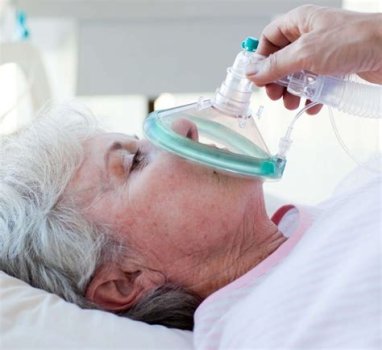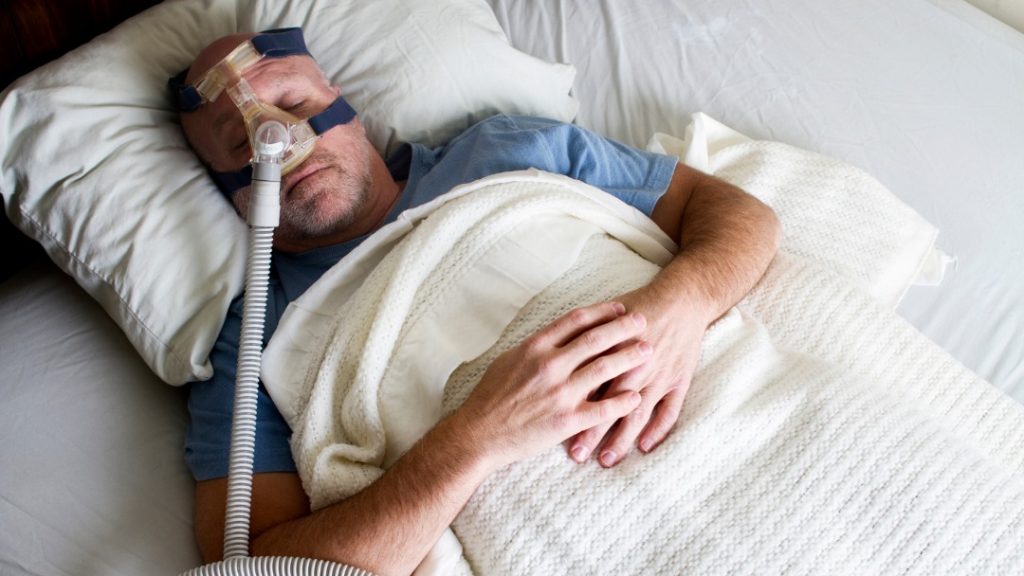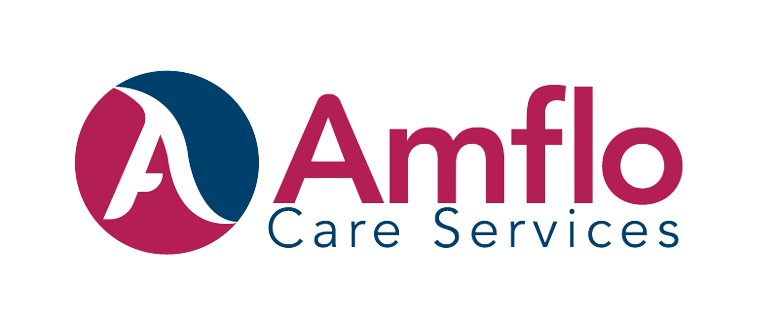Complex Care
The term “complex care” refers to a wide range of requirements that necessitate ongoing critical specialist support. People with severe additional needs can now stay in their own homes while receiving critical treatment and ongoing adaptive management of their conditions thanks to technological advancements.


Our complex care caters for you if you have at least any one of the following:
- Spinal injury
- Acquired brain injury
- Neurological conditions
- Respiration or airway problems
- Mental health issues
- Learning difficulties
- Severe mobility issues
What you can expect to be covered by your complex Carer:
Hygiene
Many people require assistance with washing and bathing, teeth, nails, and haircare in their own homes. Carers who assist with these needs should strive to maintain the same standards that the individual would maintain if they could.
Nutrition
Observing people’s dietary preferences, ethical and religious choices in their diets is essential and an absolute human right that can be easily overlooked for people who are unable to advocate for themselves.
Bowel and bladder management
From simple catheter care and continence aids and management to specialist management of complex bowel conditions, home care providers can help people stay in their own homes even with significant continence needs.
To prevent wounds, someone with limited or no control over their own mobility may require frequent positional changes and pressure area care.
Meeting care needs includes assistance with continence aids and basic bowel and bladder care management.
Dressing and selecting clothing and appearance are not only important for a person’s physical personal care needs; they are also extremely important socially and culturally.
From people with high spinal cord injuries meaning that they require specialist tracheostomy care and are unable to breathe without continuous mechanical ventilation, to people with mildly reduced diaphragm control who may need occasional cough assistance.
Home carers can deliver bolus percutaneous endoscopic gastrostomy (PEG) or nasogastric tube (NG) feed, medications and fluids, or can manage continuous mechanical pump feeds. Carers with clients who are PEG fed receive specialist training in PEG care and troubleshooting.
